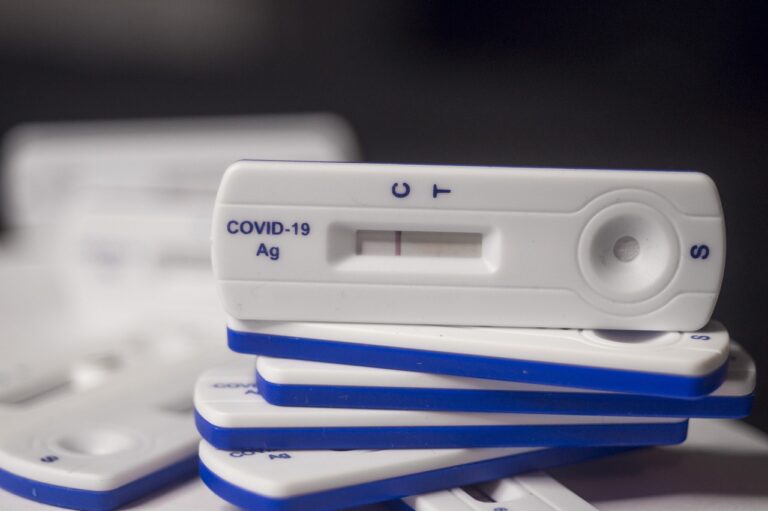Exploring the Link Between Nutrition and Kidney Health
Maintaining a balanced diet plays a crucial role in promoting optimal kidney health. A diet rich in a variety of nutrients, such as fruits, vegetables, whole grains, and lean proteins, can help support kidney function and prevent the development of kidney-related complications. Additionally, limiting the intake of foods high in salt, sugar, and saturated fats is important in managing blood pressure and blood sugar levels, which are key factors in maintaining kidney health.
Furthermore, adequate hydration is essential for kidney health as it helps flush out toxins and waste products from the body. Drinking plenty of water throughout the day can help prevent the formation of kidney stones and reduce the risk of kidney damage. By incorporating a well-rounded and nutrient-dense diet into your daily routine, you can support your kidney health and overall well-being in the long run.
The Role of Protein Intake in Maintaining Kidney Function
Protein is an essential nutrient that plays a crucial role in maintaining overall health. When it comes to kidney function, protein intake is a topic of particular interest. The kidneys are responsible for filtering waste products from the blood and regulating fluid balance within the body. Adequate protein intake is necessary to support these functions and promote optimal kidney health.
However, it is important to strike a balance when it comes to protein consumption, especially for individuals with kidney issues. Excessive protein intake can put a strain on the kidneys, as they have to work harder to eliminate the byproducts of protein metabolism. Consulting with a healthcare provider or a registered dietitian can help determine the appropriate amount of protein intake based on individual health status and needs.
How does protein intake affect kidney function?
Protein intake plays a crucial role in maintaining kidney function. Consuming an adequate amount of protein is important for tissue repair and growth, but excessive protein intake can put strain on the kidneys.
What is considered an appropriate amount of protein for maintaining kidney health?
The recommended daily intake of protein varies depending on factors such as age, sex, and activity level. In general, a healthy adult should aim to consume between 0.8-1.0 grams of protein per kilogram of body weight per day.
Can a high-protein diet lead to kidney damage?
While protein is essential for overall health, consuming excessive amounts of protein can potentially strain the kidneys and lead to kidney damage over time. It is important to balance protein intake with other nutrients in a healthy diet.
Are there specific types of protein that are better for kidney health?
Lean sources of protein such as poultry, fish, and plant-based proteins like legumes and nuts are generally considered better for kidney health compared to red meat and processed meats. These sources are lower in saturated fats and can help reduce the risk of kidney disease.
How can I ensure I am getting enough protein without putting strain on my kidneys?
It is important to follow a balanced diet that includes a variety of protein sources, while also staying hydrated and maintaining a healthy weight. Consulting with a healthcare provider or nutritionist can help determine the appropriate amount of protein intake for your individual needs.





